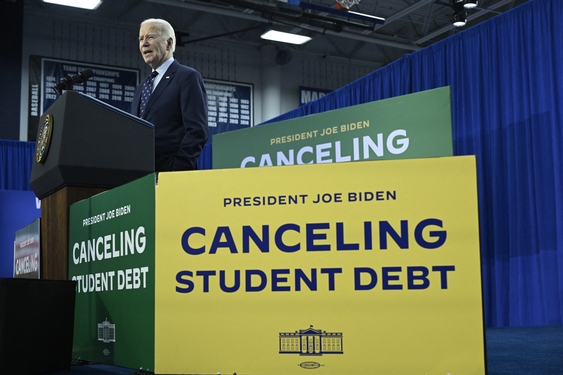In June of 2004, he ran for one of two male spots in Wisconsin to represent the state in the Democratic National Committee. Up against the president of the Firefighters Union and a state legislator, he conscripted his friends to hand paint signs on tagboard and distribute fliers to prospective voters. At age 17, he was elected to a four-year term as the youngest ever member of the DNC.
“Back at the time I was running on a platform to represent the next generation of voters,” Rae says. “I was not expecting to win by any means.”
When he was elected, Rae wasn’t old enough to vote for president. Now, almost four years later, Rae has become one of the most influential voters in the country as a “superdelegate” of the Democratic Party, whose vote will help break the deadlock between Senators Barack Obama and Hillary Clinton to determine the party’s nominee. In this year’s hotly contested primary season, Rae says he was wooed by party power brokers from both sides for his endorsement.
“To be 21-years-old and to receive calls from President Clinton, [former Secretary of State] Madeline Albright and [Massachusetts senator] John Kerry, for me those calls were all an important learning process. These calls gave me a new perspective into how the campaign was going,” Rae says.
“When Kerry called, I was on the way to the grocery store with a friend. He called and I answered, and my friend Sarah was sitting next to me and smiles, mouthing ‘John Kerry?’ and she just kind of smiled and laughed,” Rae remembers.
“When President Clinton called me,” Rae says, noting how the President laid out reasons why Rae should support his wife, “I was excited. It’s not every day that the former President calls up and asks you how you are doing.”
When he spoke with the candidates themselves, Rae says they discussed issues that were of personal importance – the cost of education, healthcare and the economy – as well as outreach to young voters and future voters.
In the past months, Rae has attended Committee meetings in Washington, D.C., been invited to rallies in Wisconsin for various candidates (he couldn’t go to most because of his class schedule) and ate breakfast with Chelsea Clinton, who came to the University of Wisconsin-Milwaukee to campaign for her mother.
“We talked about how the campaign was going, why she took time off from work to volunteer for her mom’s campaign and talked about young voters turning out,” says Rae.
But in spite of his chats with President Clinton, the former First Daughter and the New York senator herself, Rae says he has decided to support Barack Obama for president.
“I looked at the exit poll results from Wisconsin. I saw that, overwhelmingly, young people were in support of Obama. The reason I ran for the DNC in the first place was to be a voice for this generation. I saw very clearly that the generation was speaking for Senator Obama,” he says.
But Rae believes that his responsibility as a superdelegate is not merely to reflect the will of his constituents. When asked if he would support Senator Clinton if the situation were reversed, and a vast majority of his peers supported her, Rae maintained that he would stay with Obama.
“Superdelegates were created to be an additional perspective,” Rae says. “It should come down to superdelegates determining individually who they think would be best for the country and for the party. I was leaning towards Senator Obama, and those [Wisconsin poll] results reinforced my opinion.”
As Rae has now publicly given his endorsement, the campaign season moves onward, with his next major obligations for the party occurring during the national nominating convention being held in Denver in August. Rae’s responsibilities during the convention consist of gathering support for the nominee, rallying with other Democrats and, ultimately, casting his vote along with the rest of the Wisconsin delegation.
As to whether Rae thinks the party will have a nominee by the convention or will remain deadlocked in pledged delegates, requiring the party’s superdelegates to decide who becomes the nominee: He is hopeful that both candidates will do what is in the best interests of the party and the country.
“I believe we will have a nominee by convention time. I think both of the candidates care very deeply about the country and the future of the party,” he says, adding that if the race remains close, the trailing candidate should withdraw. “I think that one of them will step aside.”
Rae says that he holds himself to a similar standard, noting that his first obligation as a delegate is always to the party as a whole.
Ultimately, in spite of his influence and importance in the electoral process and his relatively singular voice for younger voters in the much older body of the DNC, Rae notes that he is eager to speak for his generation.
“It’s a unique opportunity I have. I don’t find it daunting,” he says. “I don’t think it’s pressure or responsibility. I think it’s more of an opportunity. It’s an opportunity to make sure that young voters all across the country have a say. I know it’s my duty for our generation to be represented.”



